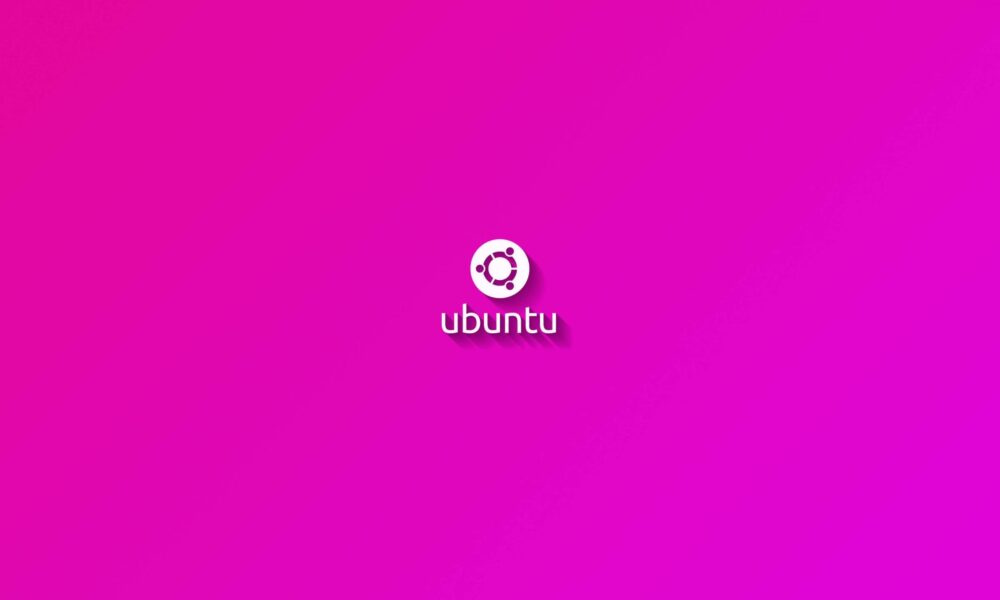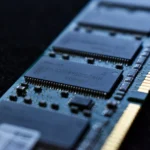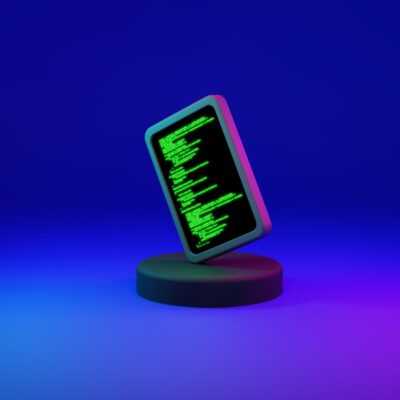Are you wondering what Ubuntu system requirements are necessary for you to enjoy a smooth and successful experience? Then you’ve come to the right place! In this blog post, we’ll discuss the Ubuntu system requirements you need to know in order to get the most out of your Ubuntu experience. From hardware to software, we’ll cover everything you need to know about the Ubuntu system requirements for your computer.
CPU system requirements
One of the key system requirements to consider when installing Ubuntu is the CPU or Central Processing Unit. This component serves as the “brain” of your computer, executing the instructions needed to run software programs and perform tasks.
To run Ubuntu smoothly, it’s recommended that you have a CPU with at least a 1 GHz processing speed. However, keep in mind that newer versions of Ubuntu may require a faster CPU to operate effectively.
If you’re unsure what type of CPU your computer has, you can easily check by accessing your system’s settings or by running a system diagnostic. In general, Intel or AMD processors are compatible with Ubuntu, so as long as your CPU meets the recommended speed requirements, you should be able to install and run the operating system without issues.
It’s also worth noting that certain Ubuntu applications may require a more powerful CPU. For example, if you plan to use Ubuntu for gaming or video editing, you may want to invest in a CPU with a higher processing speed to ensure smooth performance.
Overall, having a sufficient CPU is crucial for a smooth and efficient Ubuntu experience. Take the time to research your computer’s processing capabilities and ensure that your CPU meets the minimum requirements for the version of Ubuntu you plan to install.
Memory (RAM) requirements
Sure, here are some shorter and more active sentences about Ubuntu’s memory (RAM) requirements:
- Ubuntu 21.04 requires at least 4 GB of RAM.
- For optimal performance, it’s recommended to have more RAM than the minimum requirement.
- The amount of RAM you need depends on the tasks you want to perform. For basic web browsing and office applications, 4 GB of RAM is sufficient. However, for more intensive tasks like video editing or gaming, you may need more RAM.
- Ubuntu supports both DDR3 and DDR4 RAM, and it’s important to make sure the RAM you choose is compatible with your motherboard.
- It’s also possible to add more RAM to your system if you find that you need more than what you currently have.
Storage requirements
Here are some shorter sentences about Ubuntu’s storage requirements:
- Ubuntu 21.04 requires at least 25 GB of hard drive space.
- It’s important to have enough storage space for your Ubuntu installation as well as any files and applications you want to store on your computer.
- Solid-state drives (SSDs) are recommended for faster boot times and overall performance.
- You can use tools like GParted to manage your hard drive partitions and allocate space for Ubuntu during installation.
- External hard drives or cloud storage can be used for additional storage space if needed.
Graphics
The graphics requirements for Ubuntu depend on the version of Ubuntu and the specific tasks you want to perform. A graphics card and display capable of 1024×768 resolution are the minimum requirements for Ubuntu 21.04. For a better user experience, it’s recommended to have a graphics card and display capable of higher resolutions.
Other
Apart from the CPU, memory, storage, and graphics, there are other system requirements that you should take into account when considering Ubuntu. These requirements may not directly impact the performance of your Ubuntu system, but they are still important to note.
Firstly, you will need a display with a resolution of at least 1024×768. This is the minimum requirement to display the Ubuntu desktop environment. However, it is recommended to have a higher resolution display for a better user experience.
Secondly, you will need a keyboard and mouse. These are necessary to interact with your Ubuntu system and navigate through the various applications and programs.
Thirdly, if you plan on connecting to the internet, you will need a network interface card (NIC) or wireless card that is compatible with Ubuntu. You may also need to install additional drivers to get your NIC or wireless card working correctly.
Lastly, you will need to have an internet connection to download and install updates and software packages. A broadband internet connection is recommended to ensure a smooth downloading and installation process.
Conclusion
Ubuntu is a popular and user-friendly operating system that can run on a variety of devices. The system requirements for Ubuntu are reasonable, which makes it accessible to a wide range of users. As we have discussed, the CPU and RAM are the most crucial components, and it’s always best to check the official website for the recommended minimum system requirements before installing Ubuntu. With its sleek interface and excellent performance, Ubuntu is an ideal choice for anyone looking for a free and open-source operating system. So, whether you’re a professional developer or a casual user, Ubuntu is worth considering as your go-to operating system.











No Comment! Be the first one.